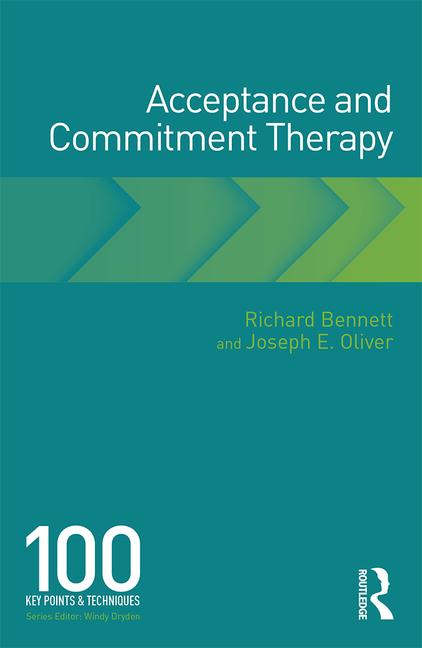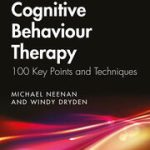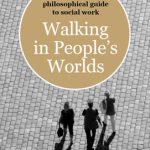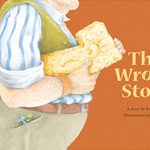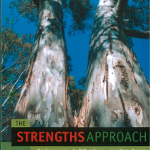Acceptance and Commitment Therapy: 100 Key Points and Techniques offers a comprehensive, yet concise, overview of the central features of the philosophy, theory, and practical application of ACT. It explains and demonstrates the range of acceptance, mindfulness, and behaviour change strategies that can be used in the service of helping people increase their psychological flexibility and wellbeing.
Divided into three main parts, the book covers the ‘Head, Hands, and Heart’ of the approach, moving from the basics of behavioural psychology, via the key principles of Relational Frame Theory and the Psychological Flexibility model, to a detailed description of how ACT is practiced, providing the reader with a solid grounding from which to develop their delivery of ACT-consistent interventions. It concludes by addressing key decisions to make in practice and how best to attend to the therapeutic process.
The authors of Acceptance and Commitment Therapy bring a wealth of experience of using ACT in their own therapy practice and of training and supervising others in developing knowledge and skills in the approach. This book will appeal to practitioners looking to further their theoretical knowledge and hands-on skills and those seeking a useful reference for all aspects of their ACT practice.
Author Bio:
Richard Bennett works as a Clinical Psychologist and Cognitive Behavioural Psychotherapist and runs a private practice, Think Psychology. He also leads a Postgraduate Diploma in Cognitive Behavioural Therapy as part of the Centre for Applied Psychology at The University of Birmingham.
Joseph E. Oliver is a Consultant Clinical Psychologist and director for Contextual Consulting, a consultancy based in London providing ACT training, coaching, and therapy. He is joint director for the University College London Cognitive Behavioural Therapy in Psychosis Post Graduate Diploma, whilst also holding a post within the NHS.
Review:
“I’ve read a lot of beginning ACT books … and I’ve even written one (after I realized the first one was just too darned complex for many to start with) but in my opinion this is the best. It’s simple and yet comprehensive. It rings true on every page – you will never be told a simple, clear thing that will later need to be taken back. Even experienced ACT people will find it a great refresher. I did! I highly recommend that you do what I did – buy it and read it.” – Steven C. Hayes, Originator and co-developer of ACT and RFT


